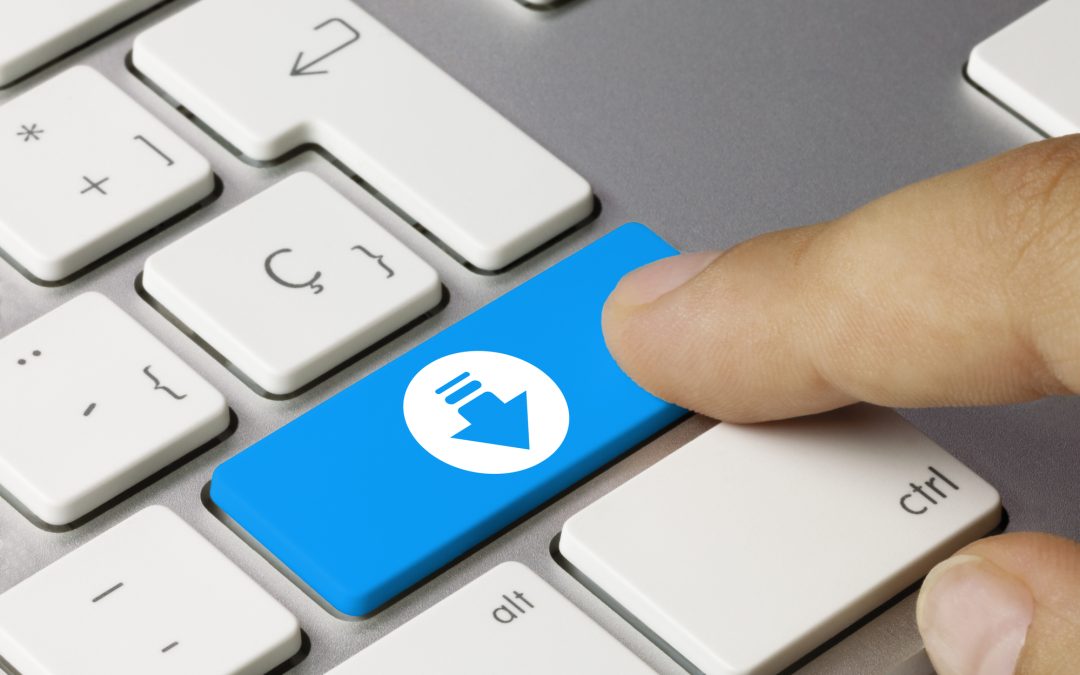We love things that are free. Free time, free Wi-Fi, free food, and free apps. Apps can make your life easier and the options are endless. There are meditation apps, GPS services, online ordering apps, or access to your bank accounts… but free may not always be a good thing.
When downloading and using a free app, you may risk the app stealing your information. Privacy policies that you agree to or click through can grant access to your information, texts, or emails and track your activity. This is especially risky if you keep credit cards stored in your phone, or if you store business information anywhere on your phone.
While free app downloads can be dangerous, many are safe and helpful. What can help you decide if it’s safe to download a free app?
Number of Downloads
One possible indicator of an app’s legitimacy is the number of downloads it has. A free app that is trustworthy will likely have far more downloads than one that isn’t. Of course, a free app from a company that’s well-known is more likely to be trusted, but you should always check privacy settings and carefully consider what you give an app access to on your device.
Where You Buy
The Google Play Store and Apple’s App Store are both places that typically filter out unsafe apps. Free apps available through reputable stores are more likely to be safe, legitimate apps, but third-party app stores like F-Droid and Aptoide should be avoided.
Does it Look Good?
Check the description of the app. Are there typos or strange formatting? Genuine apps that can be trusted will ensure their description and details are written correctly. Also, check reviews! If there are no reviews, reviews that look fake, or bad reviews, do not download the app!
Research
If you have any doubts about the app’s legitimacy, give it a quick internet search. You can find more information about the app’s developers or read reviews about whether or not it’s a scam eas.

